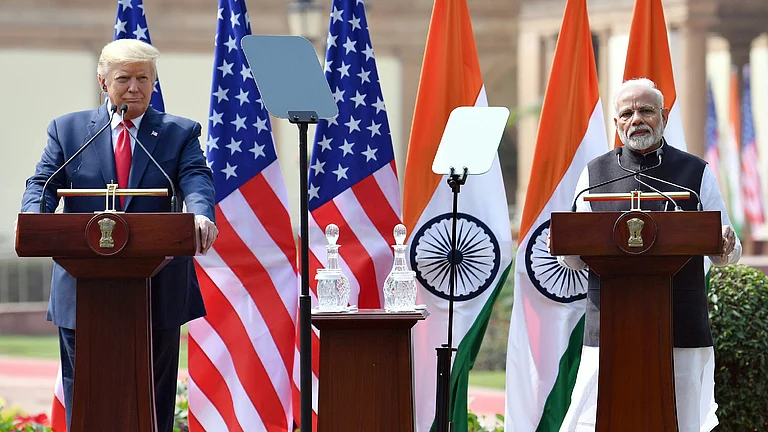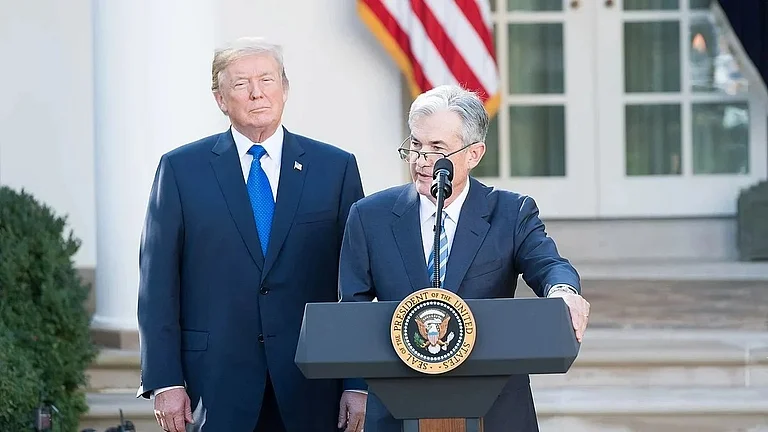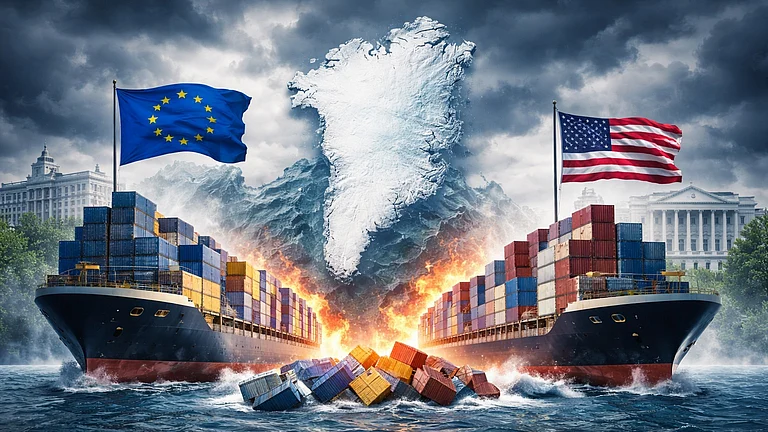Ford CEO Jim Farley has criticised 25% tariffs on steel and aluminum imports imposed by US President Donald Trump. Farley said the newly elected President has emphasised much about strengthening the domestic auto industry, but the new administration’s current strategy of tariff hikes is going to increase manufacturing cost and create a lot of chaos for American business, according to Reuters.
“President Trump has talked a lot about making our US auto industry stronger...if this administration can achieve that, it would be one of the most signature accomplishments. So far, what we’re seeing is a lot of cost and a lot of chaos,” said Jim Farley.
Trump announced raising the import tax on steel and aluminum to 25% on Monday and is likely to announce reciprocal tariffs later this week on countries that tax US imports.
“No exemptions, no exceptions,” said Trump while announcing the tariffs hike.
Will Trump’s Tariff Trump US Automakers
Although Ford’s business is reportedly less likely to feel the pinch of Trump’s tariffs, it does expect a marginal rise in cost indirectly due to suppliers who will be significantly impacted. Commenting on the hike, auto supplier giant Autoliv said it is likely to pass on the extra cost driven by tariff hikes to the car makers, “which will likely result in higher car prices in the end”, Reuters report stated.
Trump’s push for tariffs to make the American auto industry stronger relies on the notion that automakers will increase production in the US and create more jobs for Americans. However, the move is likely to cause some disruption as the US automaking industry has largely been transnational for nearly three decades, especially after the United States-Mexico-Canada Agreement free trade agreement (FTA) signed in 2020 under Trump’s first term. Now with increased tariffs the FTA has come under the spotlight as the cross-border supply chains will be impacted. Moreover, in the short run, it is likely to push the cost of end products and bring down the demand for cars.
“Tariffs will inflate car prices that many potential buyers already think are too high. People will keep their old cars longer...put a lid on sales and production of new vehicles,” said Erik Gordon, according to the New York Times. Gordon is a business professor at the University of Michigan.
































